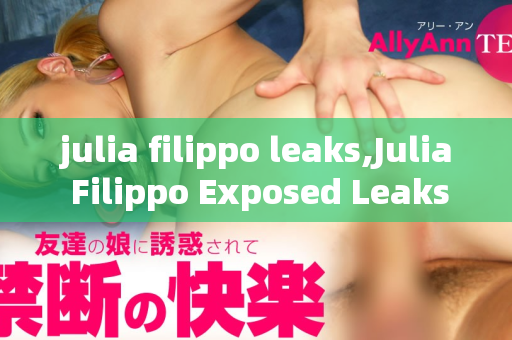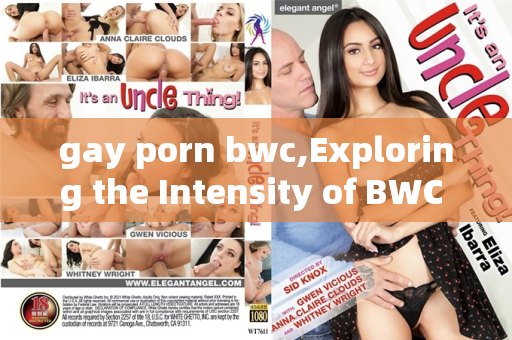
In recent times, the internet has been abuzz with discussions surrounding the highly publicized leaks associated with Julia Filippo. As a rising figure in her field, the revelations regarding her personal and professional life have sparked both intrigue and controversy. The term "leaks" often conjures images of privacy violations and sensationalism, and the situation surrounding Filippo is no exception. However, it is essential to delve deeper into the context of these leaks to understand their implications fully.
Julia Filippo, known for her innovative contributions and dynamic presence, was once a celebrated figure in her domain. However, the recent exposure of her private communications and documents has led to a wave of scrutiny. Many have questioned the motivations behind the leaks and the ethics of publicizing such information. While some argue that the public has a right to know about the actions of influential figures, others warn against the potential harm of invading personal privacy. The dilemma highlights the fine line between public interest and individual rights.
The leaked information includes private emails, internal discussions, and other confidential materials that paint a complex picture of Filippo's professional relationships and decision-making processes. For her supporters, these leaks serve as an opportunity to understand the challenges she faces in her career. However, for her detractors, the leaks may fuel narratives that seek to undermine her credibility and reputation. This duality illustrates how information can be weaponized in today’s fast-paced digital landscape, where context is often lost, and sensational headlines dominate.
Moreover, the impact of these leaks extends beyond just Filippo herself. They raise critical questions about the security of digital communications and the responsibilities that come with handling sensitive information. In an age where data breaches are increasingly common, this situation serves as a stark reminder of the vulnerabilities that individuals and organizations face. It provokes discussions on how to safeguard privacy while still fostering transparency, especially for public figures whose lives are often under a microscope.
As the situation evolves, a broader conversation about the implications of such leaks is necessary. It prompts a reflection on the role of media in reporting such stories and the ethical considerations that should guide their coverage. Responsible journalism should aim to inform the public without compromising individual dignity or safety. The Julia Filippo leaks may serve as a case study for future discussions on privacy, ethics, and the consequences of unchecked information dissemination.
In conclusion, the Julia Filippo leaks have opened up a multifaceted discussion about privacy, ethics, and the nature of public interest. While the information revealed may satisfy curiosity, it also underscores the importance of empathy and responsibility in how such stories are handled. As the public navigates this complex situation, it is crucial to balance the right to know with the need to respect individual privacy, fostering a discourse that is both informed and compassionate.









